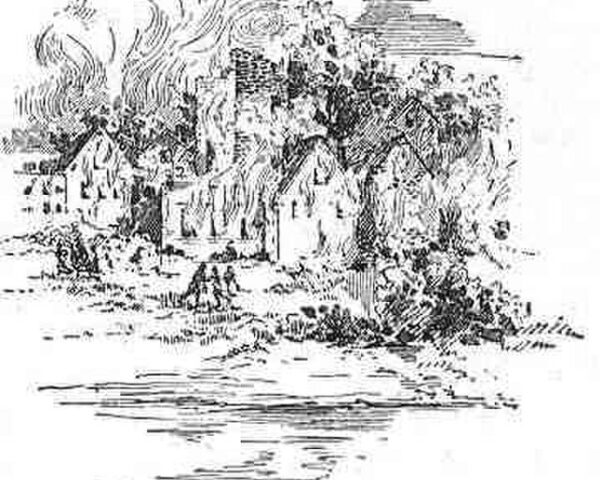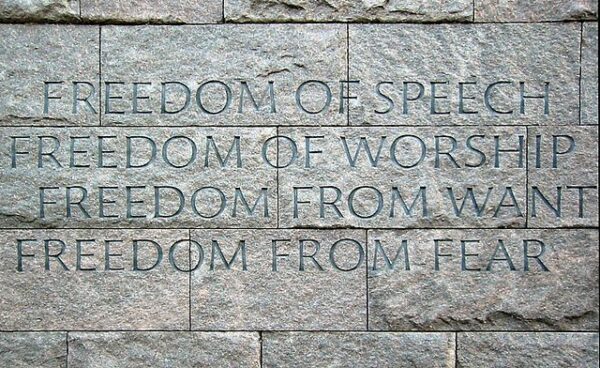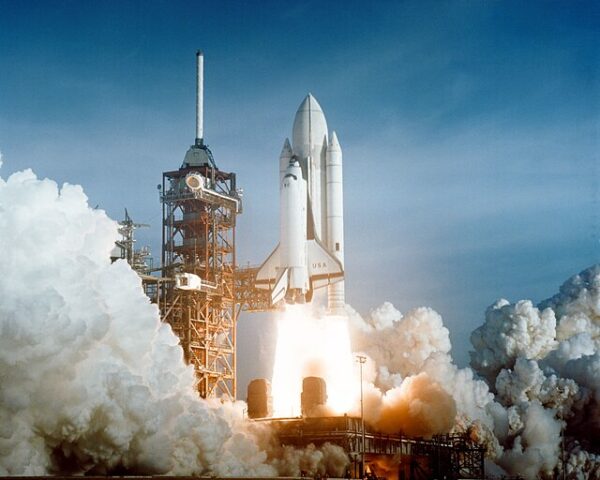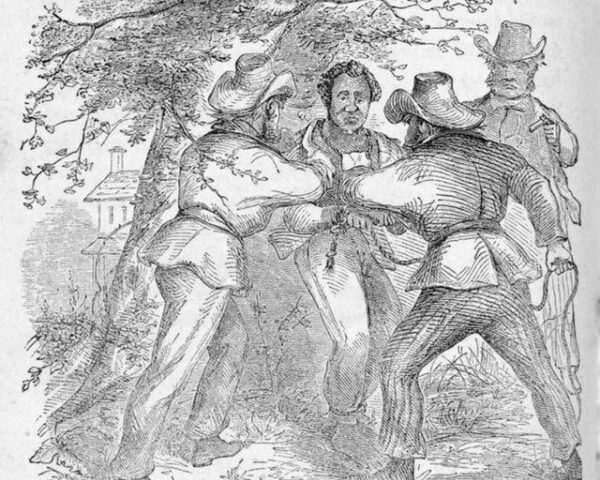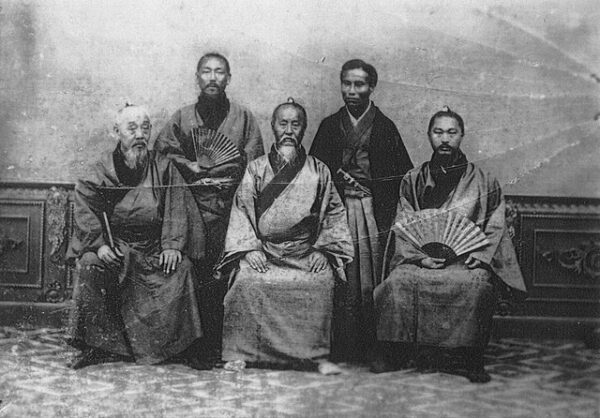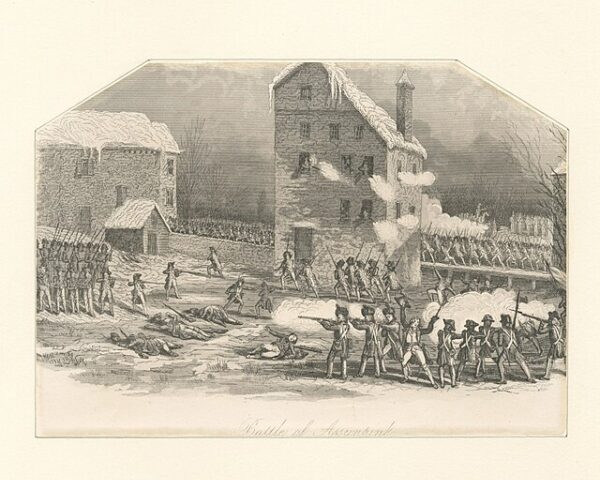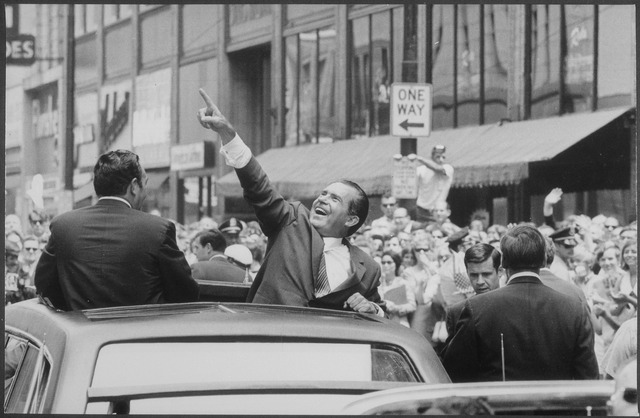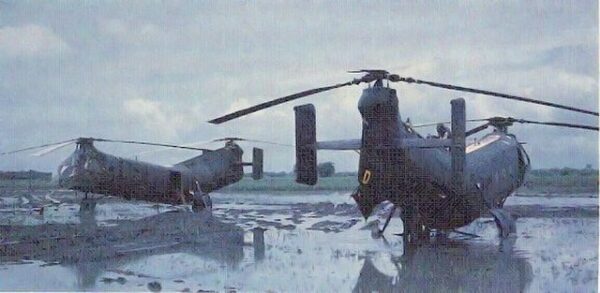One of the most famous early motion pictures produced by Thomas Edison’s company was a short film titled “Fred Ott’s Sneeze,” also known as “The Sneeze” or “Edison Kinetoscopic Record of a Sneeze.” This film, which lasts only a few seconds, captures an employee…
Read MoreOn January 7, 1608, a catastrophic fire tore through Jamestown, Virginia, the first permanent English settlement in North America. Occurring during an unforgiving winter, the blaze dealt a severe blow to an already struggling colony. Established in 1607 by the Virginia Company of London,…
Read MoreOn January 6, 1941, Congress heard one of the most iconic speeches in American history. Franklin Delano Roosevelt, the 32nd President of the United States, delivered what became known as the Four Freedoms Speech. This speech was part of his State of the Union…
Read MoreOn January 6, 1994, the world of figure skating was thrown into chaos when Olympic hopeful Nancy Kerrigan was brutally attacked after a practice session at the Cobo Arena in Detroit, Michigan. The assault, which left Kerrigan injured and in tears, was later discovered…
Read MoreOn January 5, 1972, President Richard Nixon delivered a landmark announcement that would shape the future of American space exploration: the initiation of the Space Shuttle program. Speaking from the White House, Nixon presented his vision for a reusable spacecraft designed to make space…
Read MoreIn January 4, 1853, Solomon Northup finally breathed the sweet air of freedom again. Northup was an African-American man born in July 1808 in Minerva, New York. Born a free man in a time when slavery was still legal in the United States, Northup…
Read MoreOn January 3, 1868, Japan experienced a transformative event that forever changed its political, social, and economic fabric—the Meiji Restoration. This monumental turning point marked the collapse of the Tokugawa shogunate, a feudal military government that had controlled Japan for over 260 years, and…
Read MoreOn January 2, 1777, at a narrow stream just south of Trenton, New Jersey, the American Revolution reached one of its most psychologically decisive moments. There, American forces under the command of George Washington successfully repulsed repeated British assaults led by Charles Cornwallis at…
Read MoreOn January 2, 1974, President Richard Nixon signed legislation imposing a nationwide maximum speed limit of 55 miles per hour. This historic decision was a direct response to the energy crisis triggered by the Organization of Petroleum Exporting Countries (OPEC) oil embargo. Facing fuel…
Read MoreThe Battle of Ap Bac, fought on January 2, 1963, marked the first major combat test of the South Vietnamese Army (ARVN) against the Viet Cong (VC) insurgency during the Vietnam War. The battle occurred in the Mekong Delta region of South Vietnam, near…
Read More


